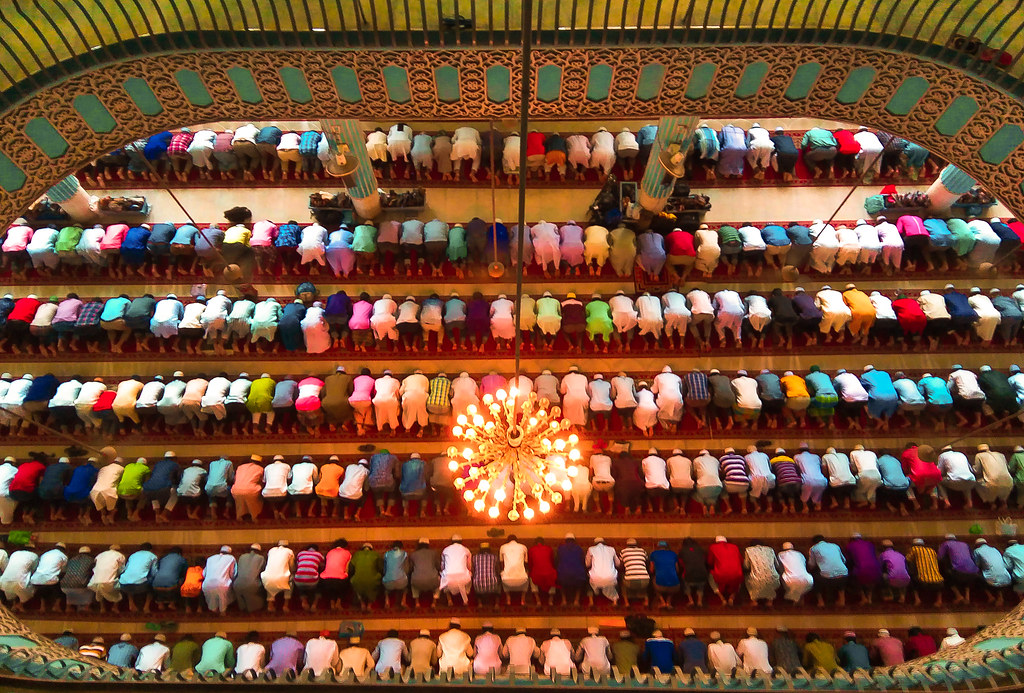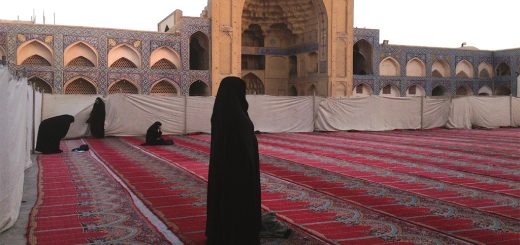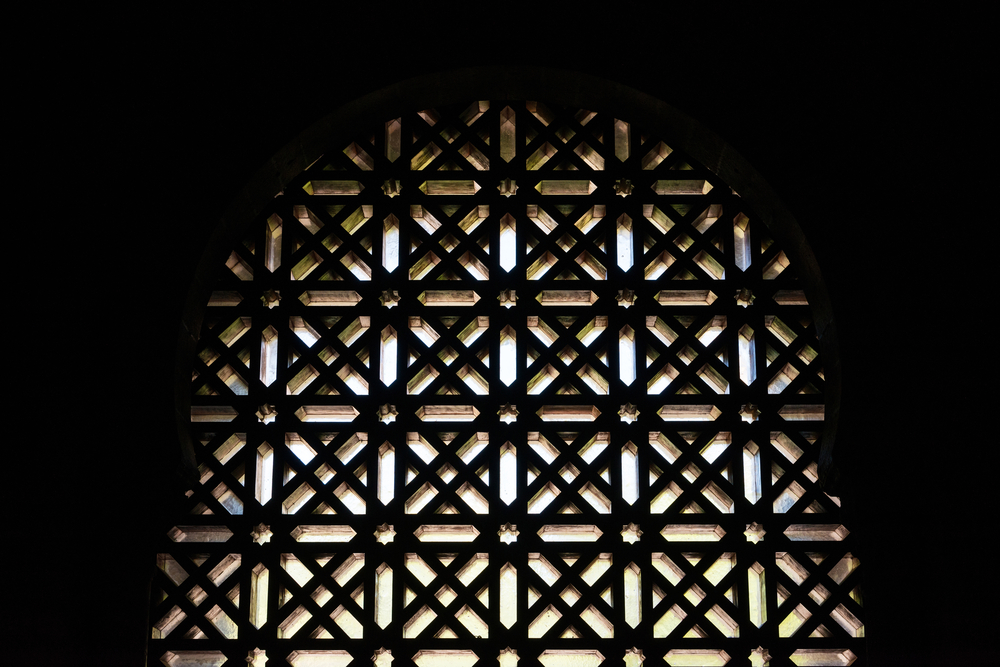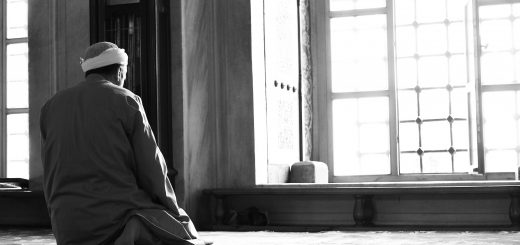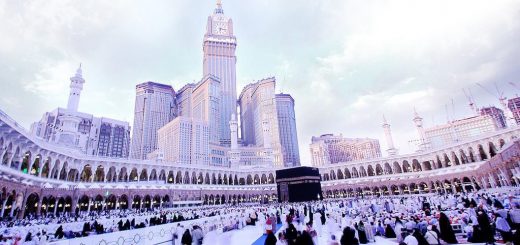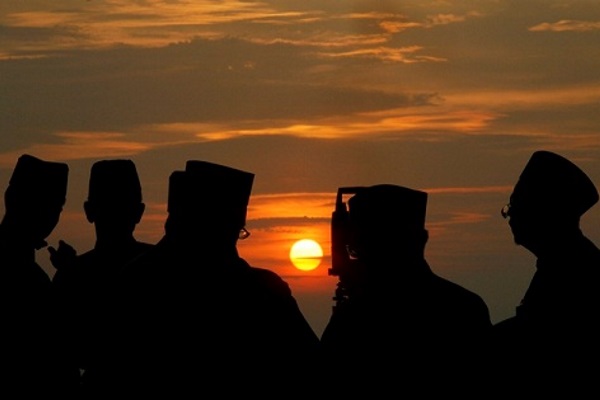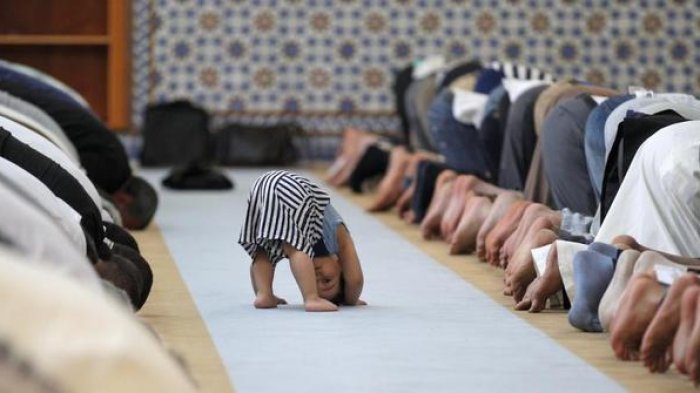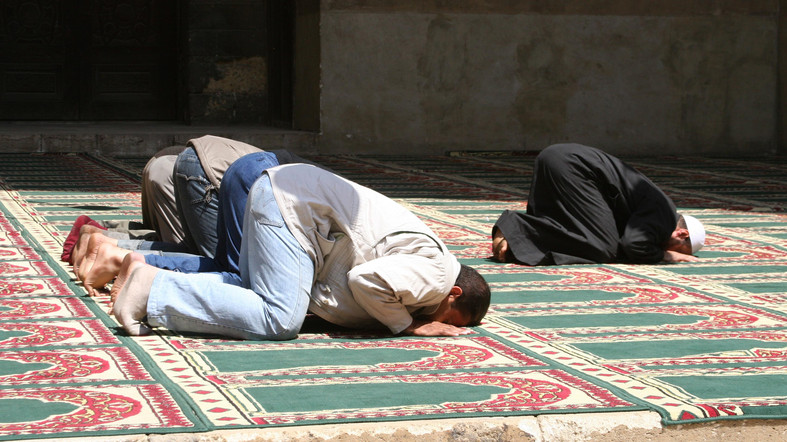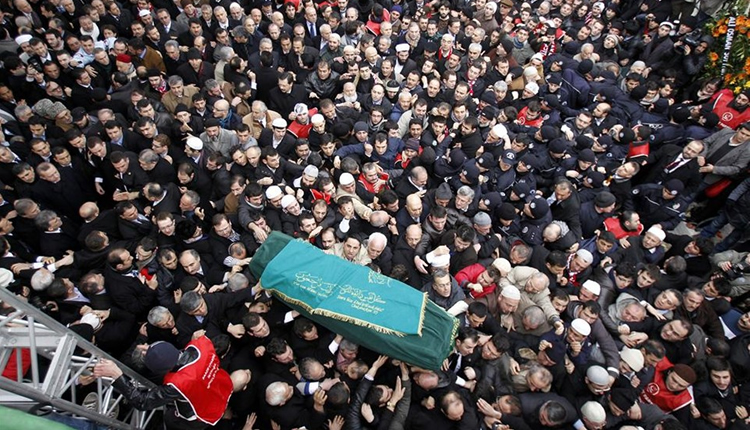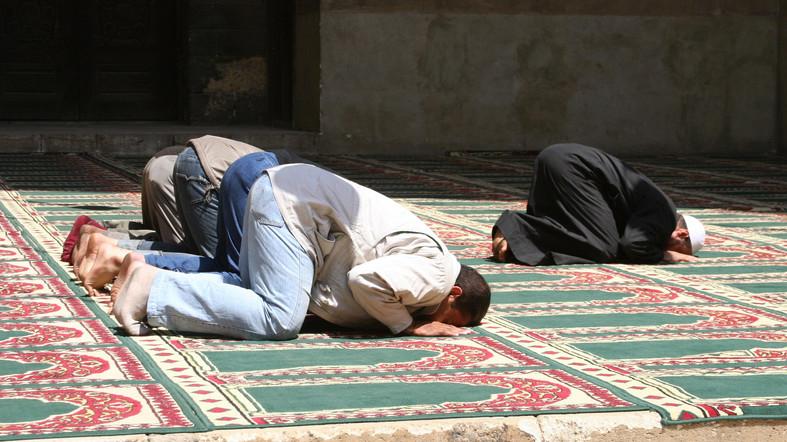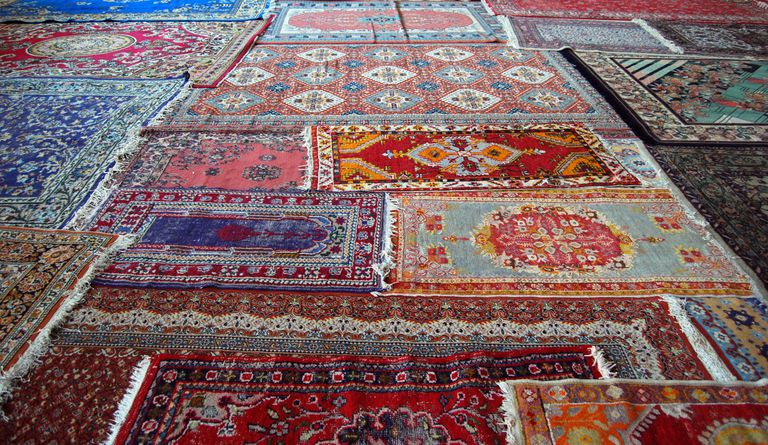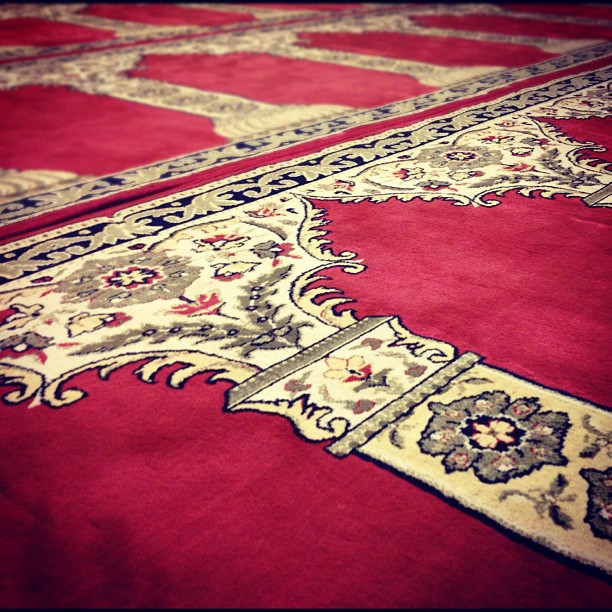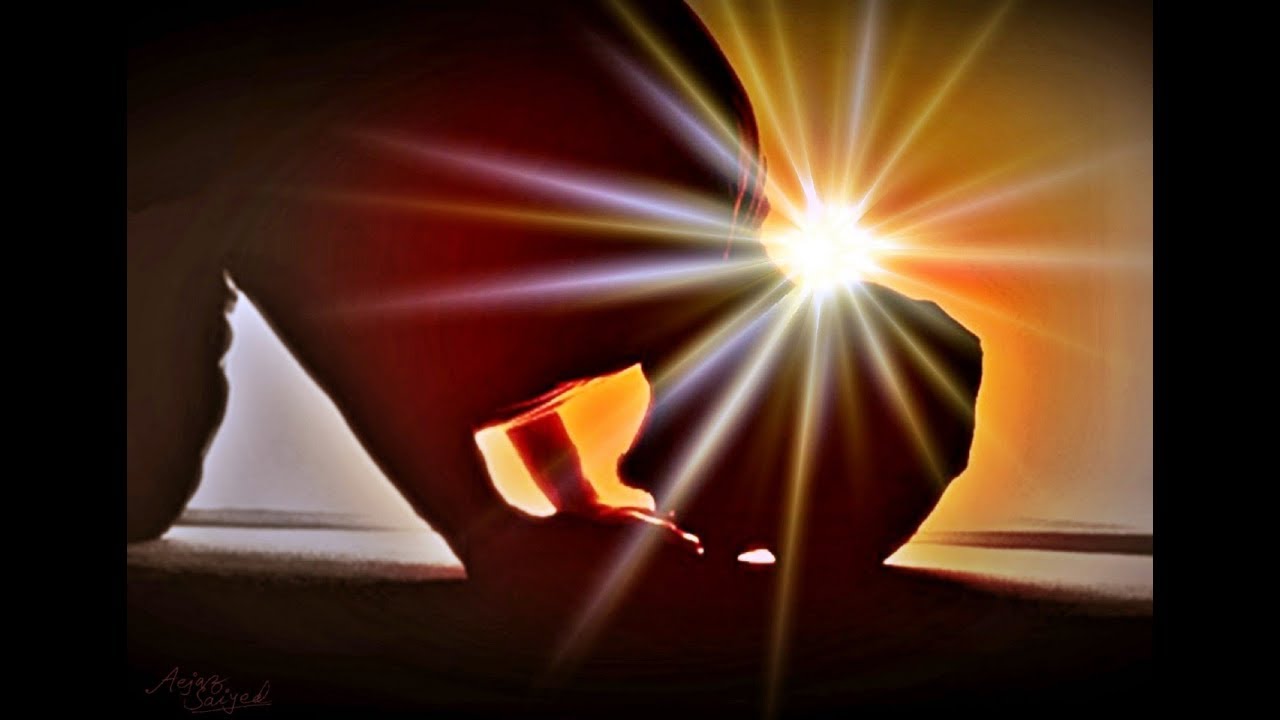QUESTION:
What do the scholars of the Dīn and muftīs of the Sacred Law state regarding the following issue: Is it permissible to pray Jum’ah & ‘Eid Salāh in England, America, and other European countries or not, and is this country a Dār al-Harb – what is your stance regarding this? Please can you explain this with proofs & evidence.
Questioner: Zahid from UK
ANSWER:
بسم اللہ الرحمن الرحیم
الجواب بعون الملک الوھاب اللھم ھدایۃ الحق والصواب
Whether England, America, and other European countries are a Dār al-Harb or Dār al-Kufr is an issue that is differed over amongst some scholars. However, regardless of however the U.K. and the other European countries are considered in the eyes of Islām, as to whether there is Jum’ah or not, my stance is that establishing Jum’ah & ‘Eid in countries such as the likes of the U.K. and other European countries is permissible on the basis of many reasons, even though it a must that there be an Islamic city in order to establish Jum’ah is a condition according to the stance of the great & noble Imām [Abū Hanīfah]. However, leaving this Qawl Sūrī[1] of Imām A’zham due to the three reasons mentioned below, acting upon the Qawl Darūrī, Jum’ah would go ahead in terms of being established in these countries, and these reasons are as follows:
1 – Protecting beliefs
2 – Removing chaos
3 – ‘Umūm Balwā [Commonality]
There are large numbers of Muslims who attend Masjids to pray Jum’ah & ‘Eid, due to which some religious rulings are refreshed in their minds on a weekly basis, so that people remain firmly established on their religion. If this wasn’t the case, so it is apparent to every person with sense as to what the situation would be here, and the reason that their religion & beliefs are safe & protected today is in fact due to the Jum’ah gatherings.
However, if one was to act upon the Sūrī stance of the respected Imām by issuing the verdict of praying Dhuhr instead of Jum’ah, then how would people be brought to the Masjid in order to learn religious rulings. Who is there that is not aware of the busy lifestyle here, those people who take time out a whole year later even in order to meet their relatives on the occasion of ‘Eid, how would they come to learn religious rulings every week, which leads to the conclusion that they would slowly slowly end up moving away becoming far from their religion.
If one, however, was to act upon the stance of the [great & noble] Imām and regard Jum’ah as impermissible here, then would the misguided & deviant sects also stop Jum’ah in their mosques as well? No, in fact, they are not even of the opinion that it is necessary for there to be a Muslim country for Jum’ah; hence, they would establish Jum’ah in their mosques. When this is the case, then the straightforward general public would leave the Masjids of the correct beliefs i.e. Ahl al-Sunnah wa al-Jamā’ah and go to the Masjids of others instead, which would in fact result in their salāh going to waste, and there is also the certainty of them ruining their beliefs as well because what tends to usually be the case is that whichever Masjid people pray salāh in, they are followers of the [great & noble] Imām of that very Masjid i.e. whatever the beliefs of that person would be of the general public. In short, if one was to regard the Jum’ah salāh as invalid in order that people [so-called] remain Hanafī, there is a danger that they may not even remain Muslim in the future.
If there can be permissibility of Jum’ah in villages, by acting upon the stance of Imām Abū Yūsuf and leaving the stance of the great & noble Imām, in order to protect beliefs, so then why can Jum’ah not be established in non-Muslim countries due to this very reason by acting upon the stance of Imām Mālik.
Stopping Jum’ah prayers is equal to closing the Masjid
Here, the running & maintenance of the Masjids in these countries all depends on the donations given on Jum’ah, which is the reality, due to which the Mosques are serving the religious by offering religious services. If Jum’ah was to be stopped, then this would result in the Mosques closing, which would cause a grave religious loss.
Removing chaos
There is a high Muslim population in these countries, and in the case of not praying Jum’ah, there is a great certainty of many forms of chaos being caused, and from an Islamic perspective, removing chaos is essential. And here by chaos, it refers to such an unbearable matter which would finish the religion, health, wealth, intellect, lineage or one of these. If this chaos occurs somewhere in this current moment in time, or there is an overwhelming likelihood (51%) of it occurring, then it is permissible to act upon the Sūrī stance of the [great & noble] Imām in order to remove the chaos.
If one was to now tell people to avoid Jum’ah & ‘Eid Salāh, then people would become distant from their religion. And if distinguished religious personalities[2] of the religion i.e. scholars, Shaykhs and public speakers are actually told to refrain, and these respected personalities are not attending the Masjids to pray Jum’ah, then the general public will start speaking ill of them and become preoccupied in backbiting them. This will be a further opportunity to defame scholars; firstly, liberals are showing signs of success in furthering people away from scholars, which will undoubtedly affect religious activity, because whatever religious work is going on in the world is indeed happening because of them. Furthering people from scholars is worse than deadly poison.
‘Umūm Balwā:
There is also ‘Umūm Balwā in the establishing of Jum’ah & ‘Eid. The meaning of ‘Umūm Balwā is that the general public & distinguished religious personalities are all involved in something prohibited in religion, and abstaining from it would be a cause of difficulty & harm in protecting religion, health, intellect, lineage, wealth or any one of these. Without a shadow of a doubt, there are hundreds & thousand of Muslims who live in such countries, and they are also able to fulfil Jum’ah & ‘Eid Salāh in the same manner as other Salāhs; the Muslim general public & distinguished religious personalities all participate in this congregation. If one was to now, in this day & age, regard the Jum’ah & ‘Eid Salāh in three countries as impermissible & invalid, then this would mean that countless Muslims are Fāsiq [sinful wrong-doers] because wherever Jum’ah is invalid, it is essential that Dhuhr be prayed there – this would mean those who pray Jum’ah instead of Dhuhr, they are leaving out a Fard, and purposely leaving out a Fard even once is a major sin.
(For further clarification, it will be useful to read Majlis Shar’ī Mubārakpūr ka Faysalah [The stance of the religious council of Mubārakpūr])
It is essential to leave the stance of the [great & noble] Imām due to the following reasons:
Leaving the Sūrī stance of the [great & noble] Imām due to the following reasons is in fact following the [great & noble] Imām, just as the Imām of the Ahl al-Sunnah Imām Ahmad Ridā Khān states,
There are two types of Qawls – stances (of the [great & noble] Imām):
- Sūrī stance
- Darūrī stance
Sūrī stance is that which someone has clearly mentioned and has been quoted from.
Darūrī stance is that which has not been clearly mentioned or not said specifically but would indirectly be in agreement because of a certain reason, due to which this ruling would necessarily come about, be proven & established, and if said person was to discuss anything with regards to this specific matter, then this would be exactly what they say.
Sometimes, the ruling of Darūrī can also be contrary to the ruling of Sūrī; in this case, the Darūrī ruling is preferred & has precedence over the Sūrī ruling, up to the extent that taking the Sūrī [stance] would be regarded as going against & contradicting the one who gave the stance in the first place, and leaving the ruling of Sūrī and resorting to the ruling of Darūrī would be regarded as being in accordance to or following the one who issued the stance in the first place.
For example, Zayd was good, pious & righteous, ‘Umar therefore explicitly & openly gave the order to his servants of respecting Zayd, and he also repeatedly mentioned this command in front of them again and again. Some time ago before this, he had also prohibited these servants from ever respecting a Fāsiq. Then a few days later, Zayd became a Fāsiq Mu’lin [an open sinful wrong-doer]. Now if ‘Umar’s servants were to act upon his repeatedly explicit established & proven command by respecting Zayd, then they would regarded as having disobeyed ‘Umar. However, if they disassociate from respecting him, then they will be regarded as obedient.
Likewise, this is also the case in the stances of [Mujtahid] Imāms (in the sense that one comes to know find a Darūrī ruling in contradiction to a Sūrī ruling), the following reasons cause this:
1 – Need
2 – Difficulty
3 – Custom & Norm
4 – Involvement
5 – Some important measure in society which is being achieved
6 – Some huge chaos whose removal is being achieved
And he further mentions ahead that if an explicit ruling of the [Mujtahid] Imām remains in a certain matter, then one of the aforementioned reasons for a rule changing comes about, then we would be definitely certain that if said matter was came about in their time, then their stance would in fact be in accordance to its requirements. In this case, to act upon the Darūrī [required & necessary] stance that is not quoted from them is in essence acting upon their stance, and remaining adamant, fixed & frozen on their quoted words is not [regarded as] following them.
[Fatāwā Ridawiyyah, vol 1, part 1, pg 127]
I will now present those examples where we have left the Sūrī stance of the [great & noble] Imām and acted upon the Darūrī stance.
1 – The matter of taking a wage on acts of righteousness [worship]
The stance of the [great & noble] Imām is that it is impermissible & a sin to take a wage for acts of righteousness (Imāmah – leading Salāh, Mu’azzin – praying the Adhān, and teaching the Qur’ān).
In order to keep religiously needed order, leaving the stance of the [great & noble] Imām, the following Islamic legal verdict is given that taking a wage for acts of righteousness i.e. Imāmah, Adhān & teaching the Qur’ān is permissible. If it was not so, then every single person would be busy working or doing business in order to run & maintain their homes i.e. no one would come towards Imāmah, Adhān, teaching the Qur’ān, which would lead to Masjids becoming abandoned and people becoming [even more] distant from religion.
(Look in the book Sharh ‘Uqūd Rasm al-Muftī of ‘Allāmah Shāmī for a detailed discussion regarding this)
2 – The Islamic legal verdict of witnessing of the people of a locality being accepted
If one comes to find a murdered individual from a certain town/city and the claim is that Zayd killed him, and he [i.e. Zayd] is not a resident of that town/city, and two trustworthy, upright & just Muslim of that town bear witness to this, then according to the great & noble Imām [Abū Hanīfah], their bearing witness will not be accepted because the bearing witness of the people of a locality regarding another person who is not a resident of that locality will not be accepted. However, the Sāhibayn[3], upon whom be mercy, state that their witnessing will be accepted.
Sayyid Hamawī relates from ‘Allāmah Maqdisī with regards to this, that ‘Allāmah Maqdisī states I did not issue a legal verdict in line with the stance of the great & noble Imām in this matter. Rather, I prohibited the spreading & publicising of this stance because this can cause overall loss & harm; this is because if a suicidal person came to know of this stance, he would therefore have the audacity and dare to kill himself in another town/city, on the basis that the witnessing of the people of that town/city against him will not be accepted. Up to the extent that I said that the legal verdict should be upon the stance of the Sāhibayn, especially considering that [certain] rulings change according to the changing of an era.
[Sharh ‘Uqūd Rasm al-Muftī; Risālah Min Rasā’il Ibn ‘Ābidīn, vol 1, pg 47]
3 – The matter of Nikāh [marriage] becoming invalid due to apostasy in religion
According to the stance of the [great & noble] Imām, if someone becomes an apostate in religion, then his Nikāh [marriage] would become invalid. So, when there was a danger that in case women themselves open the doors to free their own selves from their husband by committing apostasy in religion; hence, the legal verdict was then issued according to that a Muslim woman cannot come out of her Nikāh [marriage] by – God forbid – becoming an apostate. She is in the Nikāh [marriage] of her Muslim husband as before by becoming a Muslim, or she cannot marry someone else without accepting Islām.
‘Allāmah Shāmī states further ahead in Sharh ‘Uqūd Rasm al-Muftī that,
“وقد عد فی العقود مسائل کثیرۃ من ھذا الجنس ثم احال بیان کثیر اُخر علی الاشباہ ثم قال ( فھذہ )کلھا قد تغیرت احکامھا لتغیر الزمان اما للضرورۃ واما للعرف واما لقرائن الاحوال قال وکل ذلک غیر خارج عن المذھب لان صاحب المذھب لو کان فی ھذا الزمان لقال بھا ولحدث ھذا التغیر فی زمانہ لم ینص علی خلافھا، قال وھذا الذی جرأ المجتھدین فی المذھب واھل النظر الصحیح من المتأخرین علی مخالفۃ المنصوص علیہ من صاحب المذھب فی کتب ظاھر الروایۃ بناء علی ماکان فی زمنہ کما تصریحھم بہ”
“‘Many such matters have been included in ‘Uqūd [i.e. this book], and I have given the reference of Ashbāh for various other matters. Then I wrote that all of these matters are such whose rulings have changed due to the changing of the era, or under need, or due to custom & norm, or because of the circumstances of affairs of the present time.’ He states, ‘And this is not out of the [Hanafī] School of Thought, due to the fact that if the founder of the [Hanafī] School of Thought was present in this era, he would therefore be of this opinion. If this change occurred in their era, then they would not go agains these rulings.’ He says, ‘This matter caused boldness, courage & forwardness in the respected Mujtahids of the School of Thought and the honourable personalities of correct insight amongst the former scholars, that they may go against this rule, whose explanation is present in the books of Zhāhir al-Riwāyah by the founder of the School of Thought himself. This explanation is on the basis of the circumstances & conditions of his era, whose explanation has already been explained.
[Sharh ‘Uqūd Rasm al-Muftī; Risālah Min Rasā’il Ibn ‘Ābidīn, vol 1, pg 45]
Hence, on the basis of protecting beliefs, and due to ‘Umūm Balwā and to remove chaos, Jum’ah & ‘Eid Salāh is permitted. Furthermore, other than this, it is also the case that according to Imām Mālik, upon whom be mercy, an Islamic city is not a condition. In such case, if we give the verdict according to the stance of Imām Mālik, it is therefore correct, just as it has been done in the case of a lost husband and other various matters.
Yes, distinguished religious personalities should pray precautionary Dhuhr after offering Jum’ah and the four Sunnahs, and the general public should not be told to do this. One should make the intention in precautionary Dhuhr that I am praying my last Dhuhr whose timing has been achieved & obtained which I have not yet prayed & fulfilled.
[1] This will be explained further on, Allāh willing.
[2] i.e. people of knowledge – their examples are mentioned further on.
[3] The two famous students of Imām Abū Hanīfah.
واللہ تعالی اعلم ورسولہ اعلم صلی اللہ علیہ وآلہ وسلم
کتبہ ابو الحسن محمد قاسم ضیاء قادری
Answered by Mufti Qasim Zia al-Qadri
Translated by Haider Ali Madani
Read the original Urdu answer here: [Q-ID0803] The issue of Jummah and Eid Salah in England & European countries
